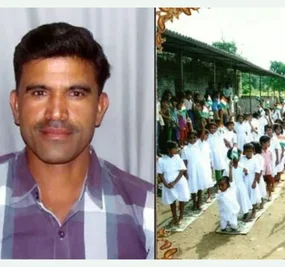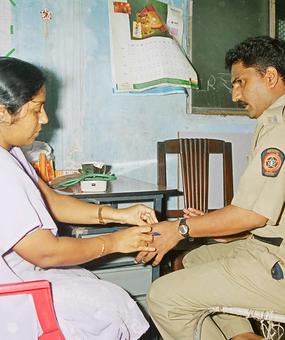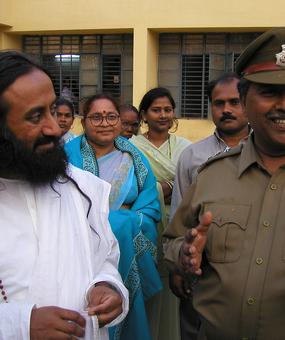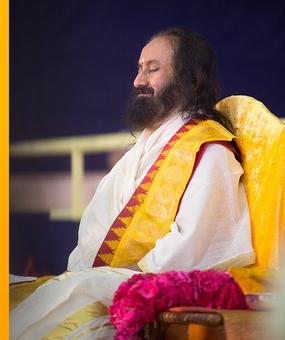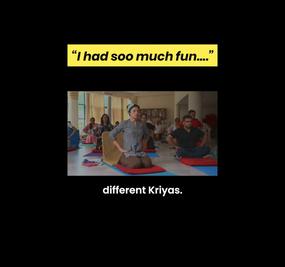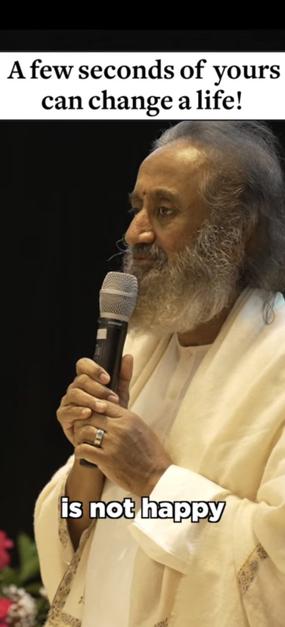Planning the Escape and The Unforeseen Twist
As the clock struck three in the afternoon, Sultan’s heart raced with anticipation. For almost three weeks, he had meticulously planned his escape from the life of torment he endured. His thoughts echoed the steps he needed to execute: finish the chores, lull his employer (“Seth”) into a nap.
His mind nervously went over the plan, “Take exactly 1000 rupees from the safe behind goddess Lakshmi’s photo, lock the safe, put the picture back, and tiptoe back to Seth’s room. Slowly unlatch the door, walk slowly to the servant quarter, pick up his packed bag, and jump the wall. Then walk to the station and take a train to his village. Never come back to this horrid place”
His plan unfolded flawlessly until he returned to Seth’s room to find the door ajar—a surge of panic gripped him. Before he could react, a sudden blow sent him reeling to the ground. The next moment, he found himself being hauled away in a police jeep, looking out at his Seth’s scoffing face and his son’s mocking grin waving him off.
The police will give him a beating and put him in a Juvenile Correction Home, after which, he will be forgotten by the Seth and the society.
The Hidden Life of Sultan
‘What a brat, he deserves it for trying to steal from his employer,’ some of us would probably think. Sultan, contrary to his name, led a life shrouded in darkness and despair. At fifteen, he bore the weight of experiences far beyond his years. Abducted from his village by his uncle five years prior, he had hoped for a better life in the city, only to be ensnared in a web of abuse and exploitation.
Sultan’s uncle told him that he would work and live at the Seth’s house, and go to a school in the city. An orphan, Sultan thought that his life would change, and happily, he left the village with his uncle. Well, his life did change, but not the way he expected. What the police and the society do not know are the five years of shame, abuse, and torture that Sultan had to endure till the day he was sitting behind in the police jeep.
Forgotten Kids and a Vicious Cycle
Sultan’s story is not unique. There are countless children like Sultan; adrift in a sea of adversity, deprived of education and guidance, forced into lives they never chose. These “forgotten kids” live on the streets, serving in wealthy homes, restaurants, construction sites, railway stations, traffic signals, and shady bars. They are forced by circumstances to live a life they do not deserve. They wander the streets, seeking solace in fleeting moments of freedom, only to be ensnared by the unforgiving claws of society.
Deprived of education and proper guidance, these kids often take on a route that is antisocial and end up in correction facilities and remand homes. Frustrated by the sudden imposition of discipline and restriction, they run away from these homes to be caught again, run again when they get a chance, and get caught again. And this vicious cycle goes on till they are adults and finally end up in prison.
However, ironically, one of the places these kids can be transformed is in these juvenile remand homes. And that is what The Art of Living volunteers are doing in Pune, Maharashtra. Since October 2008, 75 volunteers have been working continuously in the Boys and Girls Observation Homes in Shivajinagar and Nana Peth, Pune, rehabilitating and strengthening the lives of around 300 children in these remand homes.
The Art of Living Channelizes Kids’ Energy
The ‘Art of Living Remand Home Seva Group; as they are called, works with such children, and helps them channel their energy that has gone haywire in a proper direction. Since October 2008, dedicated volunteers have worked tirelessly to transform the lives of children like Sultan within the confines of juvenile observation homes.
Through different Art of Living workshops such as Bal Chetna Shivir, Nav Chetna Shivir and YES program, the children are empowered through meditation, pranayama, yoga asanas, and various learning exercises that strengthen and instill values of life in them.
These meditation workshops, yoga, and breathing exercises serve as catalysts for inner transformation, freeing young minds from the shackles of trauma and instilling a sense of hope.
Vocation Training for Economic Freedom
In addition to holistic healing practices, the children are equipped with practical skills and knowledge. Based on their aptitude, children are also educated in computers, and trained in making crafts such as candles, chocolates, chalk, perfume, soft toys and soap, automobile repair courses, and beauty parlor courses for girls. The children are introduced to music, dance, and satsangs that get them involved in celebrating their lives.
These workshops, over two years, with regular, follow-ups and guidance and direction from the volunteers and staff, has brought about a beautiful transformation in these. Computer literacy, craft-making, and vocational training courses empower them to envision a life beyond the confines of their past. Music, dance, and communal gatherings foster a sense of belonging and purpose.
A New Dawn
*Sultan: The name has been changed for discretion. We met Sultan at a Juvenile House in Pune in 2005. His life story was an eye-opener. Sultan went on to study Computers in a college in Pune and practices Sudarshan Kriya every day. In his village, the people call him their Hero. Through collective efforts, we can illuminate the path for forgotten souls like Sultan.




